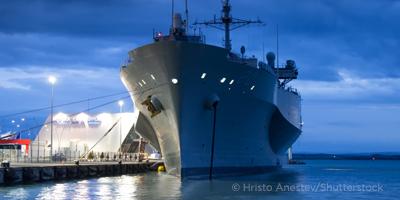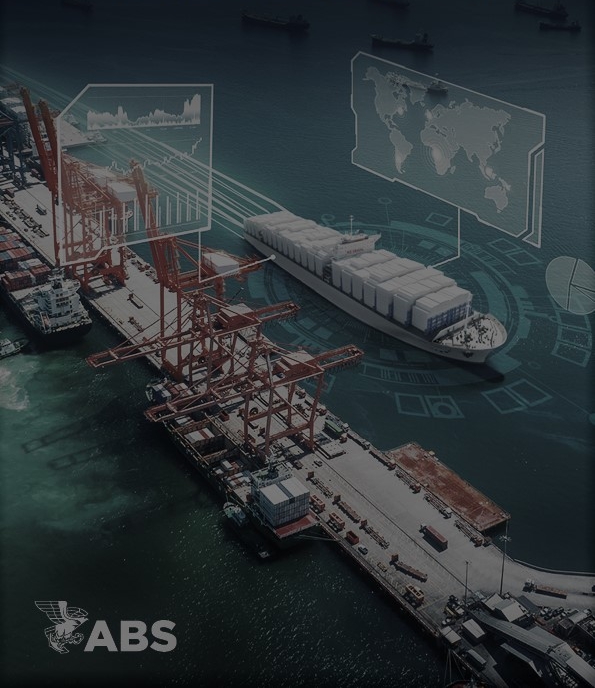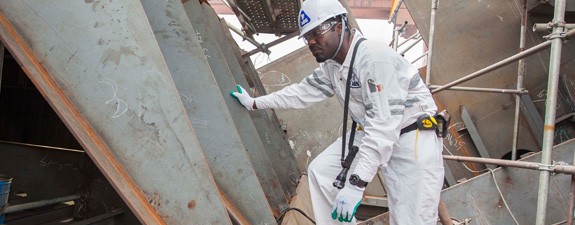Safeguards for Risk Hazards
Job safety analysis (JSA) is a task-oriented risk assessment used to review the hazards associated with a particular work task and to verify that adequate safeguards are in place to control those hazards. The main goal of the analysis is to prevent harm to the individual(s) carrying out the task. JSAs are known by a variety of terms, including Job Hazard Analysis (JHA), Job Risk Assessment (JRA), Task Risk Assessment (TRA) and Safe Job Analysis (SJA).
JSA is the analytical process of:
- Identifying the basic job steps of the task
- For every job step, reviewing associated potential safety and health hazards
- Planning for effective controls or safeguarding mechanism to control (i.e., eliminate or mitigate) the effects the hazards may pose
Risk assessment, the proactive and systematic assessment of risks, is a standard element of most offshore and maritime companies’ safety management systems. Risk assessment is a powerful and flexible tool to identify and control potential undesirable events that can have safety, environmental, quality or financial repercussions. The marine and offshore industries have implemented JSAs at varying levels of maturity and sophistication. A JSA will provide considerations for any company desiring to strengthen their safety management system. The best practices and concepts within the ABS JSA Guidance Notes can be applied by any marine or offshore company wishing to initiate or improve their JSA program.



































